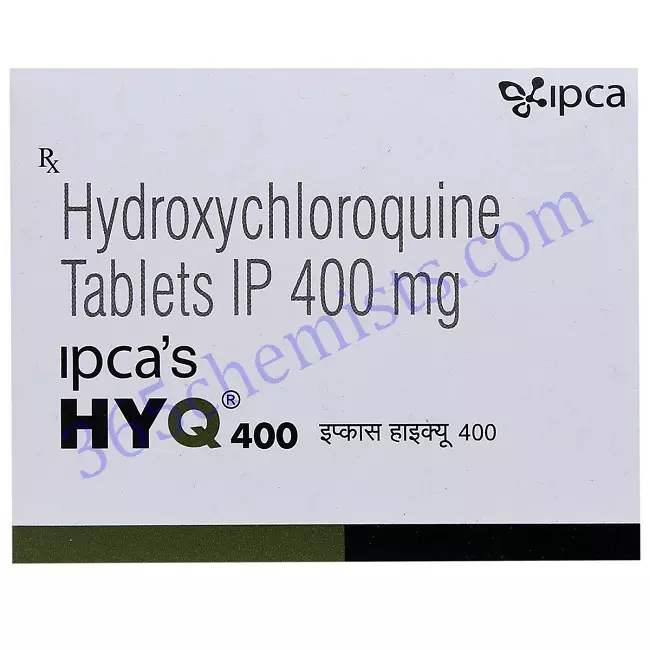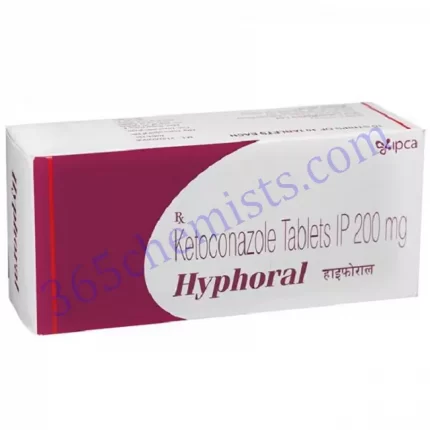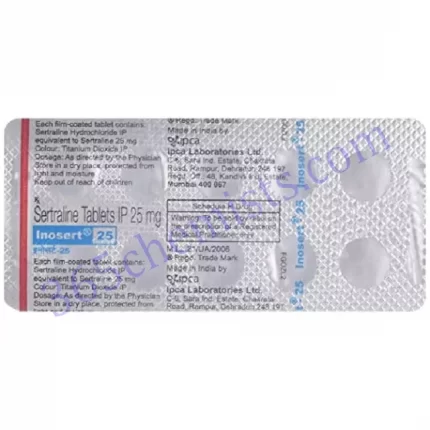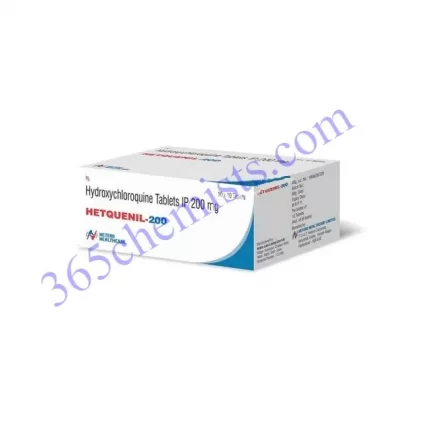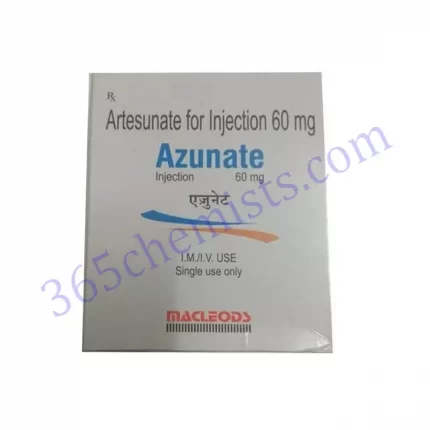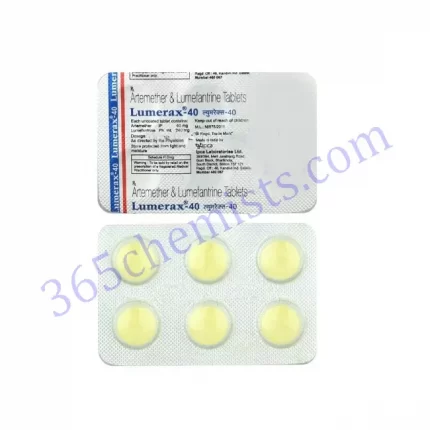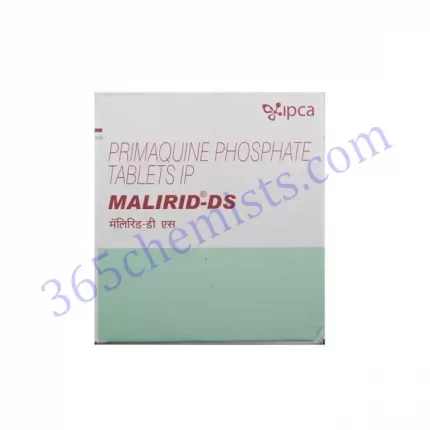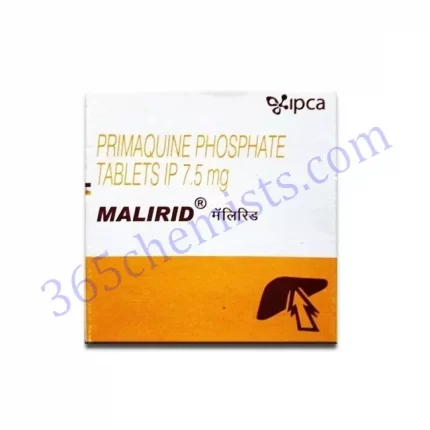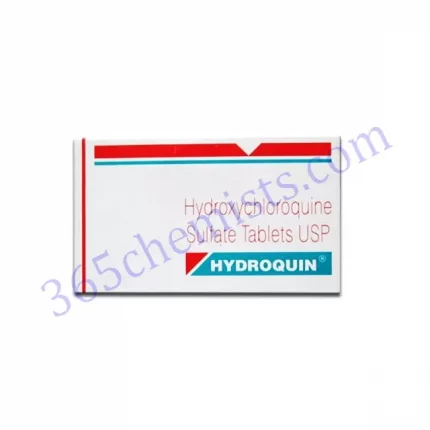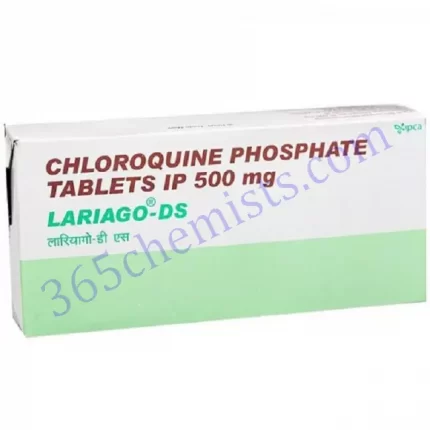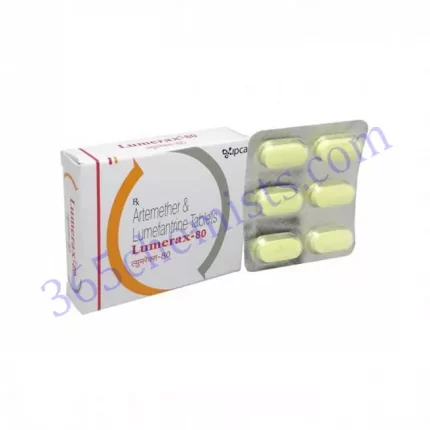About HYQ 400 Tablet 10’s
HYQ 400 Tablet 10’s comes into the category of ‘Antimalarials’ mainly used to treat or prevent malaria. Malaria is a life-threatening disease that is spread by the bite of an infected ‘Anopheles mosquito’. When an infected mosquito bites a healthy person, then it transmits the ‘Plasmodium parasite’ into the bloodstream, which after several days starts affecting the red blood cells & liver cells, rupturing them in the process. Usually, an infected person starts noticing the symptoms of malaria within 10 days to 4 weeks after the infection that include shaking chills, high fever, profuse sweating, headache, nausea, vomiting, abdominal pain, diarrhoea, anaemia, muscle pain, convulsions, coma, and bloody stools.
HYQ 400 Tablet 10’s contains Hydroxychloroquine as its active constituent that comes under the therapeutic class of ‘quinolone medicines’. It works by killing the parasite and stops the formation of the nontoxic heme metabolite hemozoin by the parasite. In this way, the parasite gets died from its toxic by-products released during its metabolism of haemoglobin.
Take HYQ 400 Tablet 10’s exactly in the same manner as suggested by the doctor, at fixed intervals every day for best results. . Take it after a meal or a glass of milk to avoid stomach upset or as suggested by the doctor. The dosing strength of HYQ 400 Tablet 10’s may vary from person to person depending upon the medical condition and the severity of the infection. A person taking HYQ 400 Tablet 10’s may experience some unpleasant effects of HYQ 400 Tablet 10’s that include vomiting, nausea, hair loss & itchy skin. However, not every person notices these side effects, and even some side effects do not require medical attention. In case of side effects get worsen or do not go within a couple of days, it is best to consult with the doctor.
Before taking HYQ 400 Tablet 10’s, please inform your doctor if you have any allergy (against any chloroquine salt), or have medical disorders like vision changes or damage to your retina caused by an anti-malaria medication, heart disease, heart rhythm disorder, diabetes, a stomach disorder, liver or kidney disease, psoriasis, alcoholism, porphyria (a genetic enzyme disorder that causes symptoms affecting the skin or nervous system), a genetic enzyme deficiency called glucose-6-phosphate dehydrogenase (G6PD) deficiency. Consult with your doctor if you are a pregnant lady as it is not known that if this medicine affects an unborn baby or not. Even in pregnancy, if proper treatment is not provided at the right time, it may even increase the risk of miscarriage, stillbirth, premature delivery, and low birth weight. A breastfeeding woman should not take HYQ 400 Tablet 10’s as this medicine can pass in breast milk, so it is better to talk to your doctor.
Uses of HYQ 400 Tablet 10’s
Malaria
Medicinal Benefits
HYQ 400 Tablet 10’s falls into a group of medicines known as antimalarials, that are indicated for treating or preventing malaria. HYQ 400 Tablet 10’s contains Hydroxychloroquine, which is quinoline medicine, works by preventing the formation of the nontoxic heme metabolite hemozoin by the parasite. Due to this, the parasite dies from its own toxic by-products released due to the metabolism of haemoglobin. HYQ 400mg Tablet 10’s is also indicated for the treatment of rheumatoid arthritis and discoid or systemic lupus erythematosus. HYQ 400 Tablet 10’s is not effective against all strains of malaria.
Directions for Use
Storage
Side Effects of HYQ 400 Tablet 10’s
Like all medications, HYQ 400 Tablet 10’s may cause some unpleasant side effects that include changes in the colour of your eye, blurring, sensitivity to light, skin rashes, itching, Stomach pain, feeling sick, being sick, diarrhoea, loss of appetite, headache, mood changes. Most of the side effects of chloroquine do not require medical attention and gradually resolve over time. However, if the side effects are persistent, reach out to your doctor.
In-Depth Precautions and Warning
Drug Warnings
HYQ 400mg Tablet 10’s does not respond well against all strains of malaria, so consult with your doctor if you are not responding well to HYQ 400mg Tablet 10’s. This medicine can affect heart health, especially if a person is taking medicines, including the antibiotic azithromycin. An individual must consult with the doctor if they are noticing fast or pounding heartbeats and sudden dizziness. This medicine cannot be used for a long duration as it may cause irreversible damage to the eye that could lead to vision problems. HYQ 400 Tablet 10’s cannot be used in persons who have heart disease, heart rhythm disorder, diabetes, a stomach disorder, an allergy to quinine, liver or kidney disease, psoriasis, alcoholism, porphyria (a genetic enzyme disorder that causes symptoms affecting the skin or nervous system), a genetic enzyme deficiency called glucose-6-phosphate dehydrogenase (G6PD) deficiency. Consult with your doctor if you are pregnant or breastfeeding as this medicine could only be used if prescribed by the doctor.
Drug Interactions
Drug-drug interactions: HYQ 400 Tablet 10’s should not be used with some medicine that can increase the risk of serious side effects that include tricyclic antidepressants (amitriptyline), antirheumatic medications (leflunomide), and narcotic analgesics (tramadol).
Drug-food interactions: Limit the consumption of grapefruit or grapefruit juice with HYQ 400 Tablet 10’s as it can significantly increase the blood levels.
Drug disease interactions: HYQ 400 Tablet 10’s cannot be used in patients with oculotoxicity, porphyria, arrhythmias, bone marrow suppression, ototoxicity, seizures, glucose-6-pd deficiency, hepatotoxicity, myasthenia gravis, psoriasis, diabetes, heart disease, and renal impairment.

